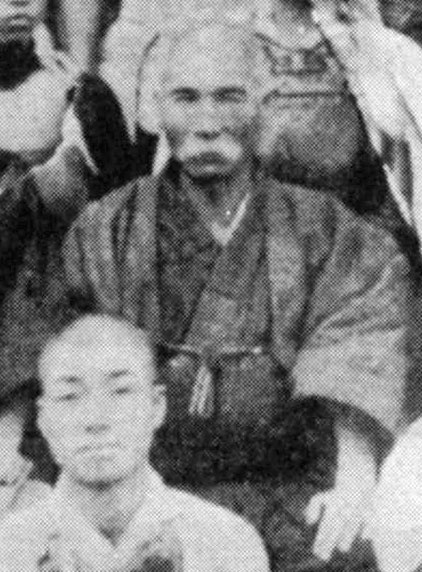Yasutsune “Ankō” Itosu is considered one of the founding fathers of modern karate. Born in 1831 in Shuri, Okinawa, he made a significant contribution to the development and spread of this martial art.
Itosu began his martial arts training in his youth under renowned masters such as Sokon Matsumura, but is perhaps best known as the teacher of many students who would go on to become iconic figures in karate, including Gichin Funakoshi, the founder of Shotokan karate.
As a practitioner, Itosu was renowned for his incredible strength and technical mastery of karate. However, beyond his own martial skills, Itosu was also an innovator and visionary in the field of karate teaching.
In 1901, he was instrumental in introducing karate into Okinawa’s educational system, marking a major step in the recognition and spread of karate. As part of this effort, Itosu developed a series of katas, or forms, known as Pinan (or Heian in Japanese). These katas were designed to teach students the fundamental principles of karate in a progressive, structured way.
Itosu’s teaching philosophy stressed the importance of constant practice and repetition. He believed that karate was a tool for physical and mental development, and advocated respect and discipline. He also stressed that the true aim of karate was not violence, but peace and self-defense.
In 1908, Itosu wrote a famous letter known as the “Ten Precepts of Karate”. In this letter, he expresses his vision of karate as a means of improving not only health and physical strength, but also discipline, character and spirit. This letter was hugely influential and helped shape the development of karate in the years that followed.
Itosu died in 1915, but his influence on karate lives on. Today, the katas he developed are still widely practised in many karate styles, and his teaching philosophy continues to guide karate practitioners worldwide.
In summary, Yasutsune “Ankō” Itosu was an exceptional karate master, a dedicated teacher and an innovator in the field of education. He left an indelible mark on the development and philosophy of modern karate. His legacy, which includes both his own martial skills and his vision of karate teaching and practice, continues to inspire and influence generations of karate practitioners.


